Identity
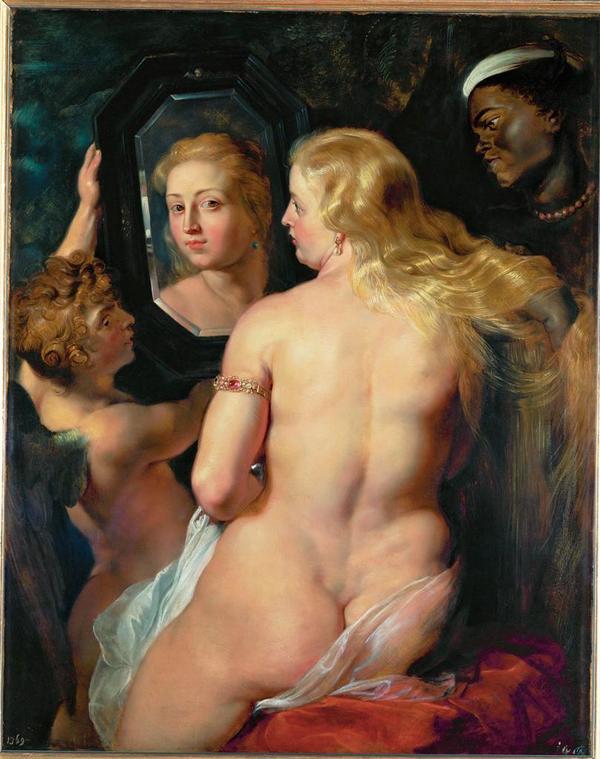
- All About Me? Discovering Self
- Identity, Conflict, and Reconciliation
- Is there an Environmental Crisis?
- Marginal Voices
- Nature, Freedom, Authority
- Odysseys of the Self
- Self-Definition and the Quest for Happiness
-
Time and Creative Expression
All About Me? Discovering Self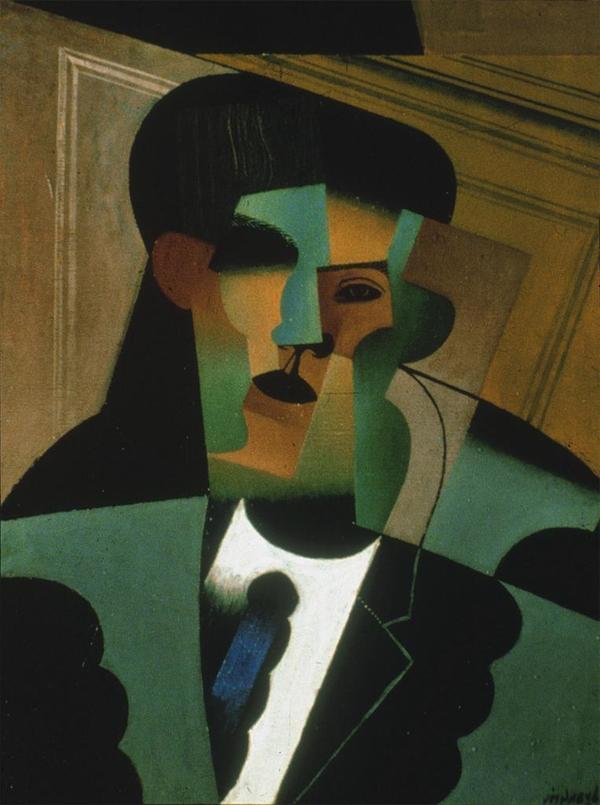
Martine DeRidder
Section 19 (CRN 25523) MW 8:00-9:15
This seminar engages us in discussions and questioning about the human self and self- discovery. This College seminar’s full title is: “All about me? Discovering Self”. The question posed in the title is important: Is thinking about and focus on self a personal adventure, essential for each individual’s well being but unique to that person? Is it, in essence, a “selfish” quest? If so, how do we as a group engage in sharing reflections on self? How do we ask good questions, those that make a difference in the path we take each day, that help us think about who we are as humans without renouncing any uniqueness? What does it mean to study the “human self? Do we try to find common ground in shared experiences and reflect upon them? As this seminar unfolds and its members pursue both individual and common paths, we will engage in processes of discovery led by individual stories. We will get to know each other as members of a seminar engaged in important learning activities, as members of a learning community. During the course of the semester, we will discuss common readings, view films and engage in a drawing exercise. Students will share some of their own learning tools, be it music, art or text. We are both object and subject when the topic of the seminar is “discovering self”. Guided by classic, modern and contemporary works and our own experiences, the voyage is meant to be an enriching and enlightening intellectual experience.
Identity, Conflict, and Reconciliation
Andrew Weigert
Section 06 (CRN 22622) TR 3:30-4:45
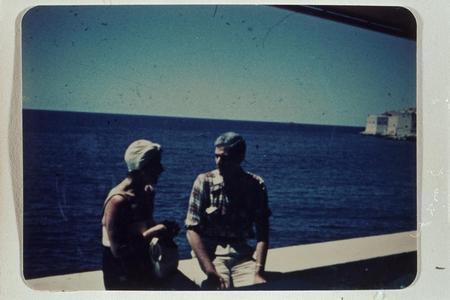
Identity divides and unites people. It is part of the dynamics that fuse us into groups; that sometimes legitimate violence; and that at times, paradoxically, lead to reconciliation. This Learning Community will discuss materials concerning the functions of identity in such dynamics. The aim is understanding how identities motivate us and are sometimes manipulated by powerful others, and how we may be moved by such self-understandings toward greater inclusiveness, especially toward others who are not like us. Possible Readings: Turnbull, The Forest People; Achebe, When Things Fall Apart; Maalouf, In the Name of Identity; Lederach, The Moral Imagination; E-Reserve materials. Activities: thematic class tour in Snite Museum; each student is responsible for conducting two ungraded student sessions (ca. 8 minutes each) on issues of her or his choice within the thematic framework of the class. Grading: two short papers (15pts each); class participation (35pts); final oral exam (35pts).
Is There an Environmental Crisis?
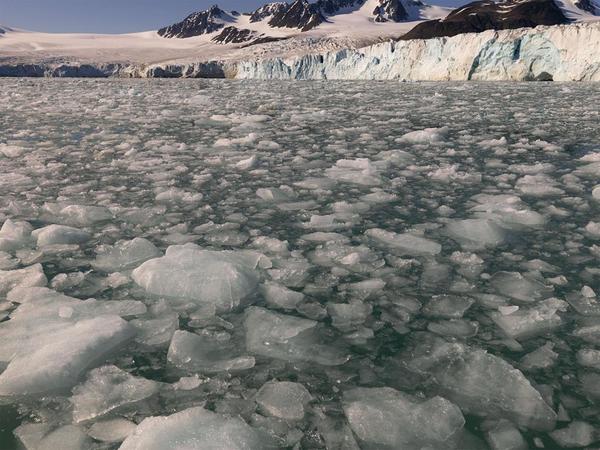 George Howard
George Howard
Section 17 (CRN 24548) MW 8:00-9:15
Whether one believes there is an environmental crisis or not, we should all be aware of the changes in our world (growing world populations, increased burning of hydrocarbons, etc.) that are hypothesized to produce threats to our ecosystems. Understanding why human actions might be producing global changes is a complex task. This course will concentrate on the roles that various disciplines (e.g., economics, materials science, biology, psychology, theology) might play in understanding and (perhaps) alleviation human-produced environmental changes.
Marginal Voices
Patrick Martin
Section 01 (CRN 22624) MW 3:00-4:15
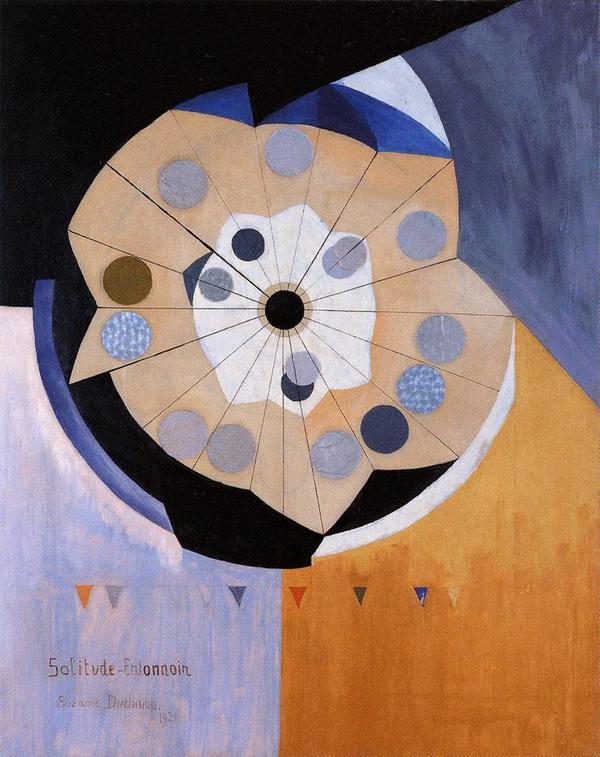
This seminar will explore the experience of marginalization through its spatial representations and associated modes of expression. Resistant to conventional configuration as places of silence and isolation, the boundary areas of desert and social margin, of shoreline and interior borderland are all regions of privileged encounter and communication. Our work together will engage with marginalization as a spiritual discipline, as an imposed social category, and as a precondition of the aesthetic life. It is the voice of the prophet, the poet, the poor and the handicapped that we hear, calling us to a life of charity, of freedom and compassion, and of celebration. Our conversation this semester will be supported by reflection on theological, sociological and literary sources, as well as by substantial use of film. As we explore that material, you will have the opportunity to refine your communication skills through individual and collaborative activities. You will be encouraged to read attentively, to identify important ideas and organizational strategies, to ask productive questions, to develop an argument or a line of investigation, and to respond usefully to the questions and observations of others. Written assignments will also offer you a chance to practice expressing an argument clearly, exploring it logically and supporting it by appropriate textual reference.
Nature, Freedom and Authority
Paul Weithman
Section 07 (CRN 22625) TR 12:30-1:45
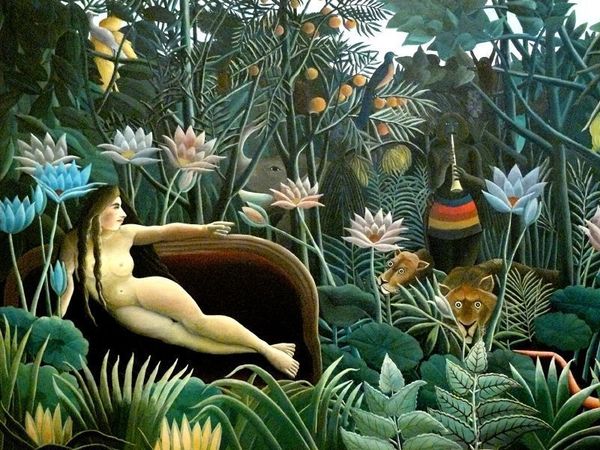
It is often assumed that human beings are naturally free. But the idea of freedom is not an easy one to understand. Some thinkers have believed that we can only realize true freedom when we live under an authority of the right kind. Some have thought that subjection to any authority is incompatible with freedom. Still others have tried to show that freedom and subjection are compatible. The claim that freedom is natural is equally puzzling. What is our nature? Is our nature the way God made us or what God intended us to be? And are we really the kind of beings whom God or nature has suited for freedom? Or does history and philosophical reflection show that our nature is too weak to handle freedom? These are among the questions that will engage us in the seminar. Readings will be drawn from the Bible and from the works of Plato, Augustine, Aquinas, Hobbes, Locke, Rousseau, Dostoevsky, William Golding and probably some contemporary anthropologists. We will probably view at least one film and attend at least one concert. Heavy emphasis will be based on the development of oral skills through student presentations (both planned and extemporaneous) and frequent class participation.
Odysseys of the Self
David O’Connor
Section 16 (CRN 22834) MW 1:30-2:45
Journeys through the fantastic worlds of myth make for great stories, in part because these odysseys are also stories of self-discovery, and often love stories, too. Our conversations will take off from some enduring versions of these odysseys of self-discovery: Homer’s Odyssey, Shakespeare’s The Tempest, and two great modern stories of “the ring of power,” rooted in the myths of northern Europe (of which we will listen to Beowulf), Richard Wagner’s The Ring of the Nibelung and J.R.R. Tolkien’s The Lord of the Rings, including Peter Jackson’s movies (which have many Wagnerian elements).
Self Definition and the Quest for Happiness
Vera Profit
Section 09 (CRN 22619) MW 1:30-2:45
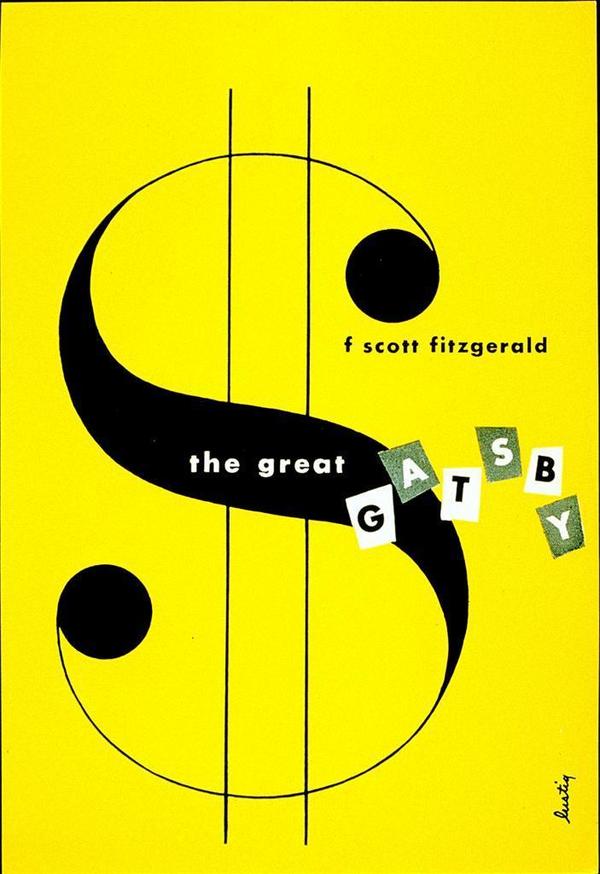
Everyone from the ancients to the most technologically conscious CEOs tell us that those who succeed know the difference between the important and the unimportant and that they allocate their time accordingly. But how does one make these choices? If in fact success and happiness are synonymous, as some would claim, which way lies success, lies happiness? And what are the guideposts? What really matters? In an age such as ours, does anything have lasting value? Do I really matter? Do I make a difference? At what point can legitimate self-interest, however, cross the line and develop into narcissism? If I am most assuredly defined by my beliefs and my deeds, what then do I believe, what do I do? In the final analysis, who am I? If literature, as so many maintain, not only mirrors but also foretells world events, how have several twentieth century authors, representing diverse national traditions, formulated the answers to these seminal questions? Readings will include: Thomas Mann, Tonio Kröger, F. Scott Fitzgerald, The Great Gatsby, Albert Camus, The Stranger. Two screenings: The Great Gatsby, Shadowlands.
Time and Creative Expression
Patrick Martin
Section 03(CRN 23764) MW 1:30-2:45
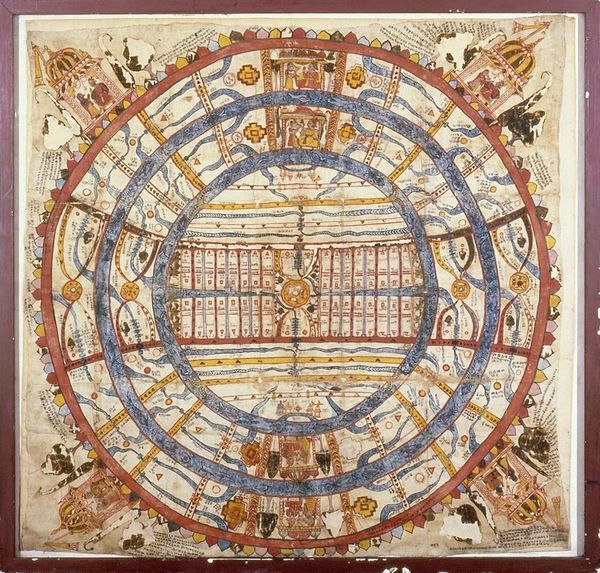
While it is certainly true that it is useful and practical for us to think about ourselves as discrete beings restricted to a limited region in space-time, the human story is ultimately integral with that of the universe itself. That each existent, and indeed time itself, is properly understood as an expression of the originating power that brought forth the universe, impels us toward a reconfiguration of our human identity and a new sense of our creative potential. As we engage with the real through knowledge and through love, we become more fully what and who we are with regard to the possibilities for temporal existence, and allow the universe to come to itself in a special mode of conscious reflection. Our conversation this semester will be supported by reflection on theological, historical and literary sources, as well as by substantial use of film. As we explore that material, you will have the opportunity to refine your communication skills through individual and collaborative activities. You will be encouraged to read attentively, to identify important ideas and organizational strategies, to ask productive questions, to develop an argument or a line of investigation, and to respond usefully to the questions and observations of others. Written assignments will also offer you a chance to practice expressing an argument clearly, exploring it logically and supporting it by appropriate textual reference.